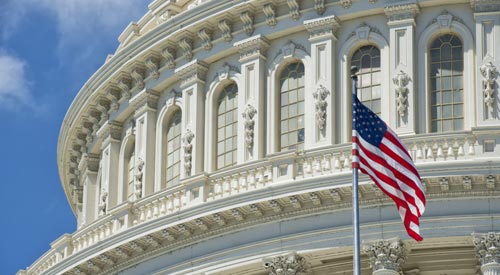Paving a Path from Open Data to Open Government in South Bend
Data-Smart City Solutions: Since launching its open data portal in August 2013, South Bend, IN has published datasets on topics ranging from finance to code enforcement. Like many cities, South Bend was eager to share data for the purposes of transparency as well as the anticipated social and economic gains. In 2013, McKinsey projected that open data had the potential to generate over $13 billion in economic benefits across seven sectors, and the heart of open data is driving debate, advocacy and accountability. Cities may be better positioned to reap these rewards than state and federal agencies – local governments provide data on services that offer clear opportunities for feedback, since they are of direct interest to our residents and their daily lives.
However, our relatively passive approach of publishing data has shifted the responsibility too far onto the public, which provides us with a limited audience for open data and an underwhelming impact. At its heart, this is a question of inclusion and interest. Many cities have tried to bridge the divide between access and impact by collaborating with groups like Code for America on data analysis and app development, which is an important step forward. But the truth is, not every resident will learn to code, and this approach has unnecessarily left many voices on the fringes. The Sunlight Foundation admits that the movement from access to "substantive collaboration" has been slow, with much more work to date on the technical and legal aspects of policy and program design than on resident engagement.
Tags
Share
Top Stories
- Future-proofing smart cities with open standards
- 5 States Challenged the Federal Contractor Wage Increase and Lost
- States should follow feds in Chinese tech bans
- A new initiative seeks to help small cities access infrastructure funding
- Governments view open source as critical for enhancing digital services, experts say
- More States Move to Ban TikTok from Government Devices
- Cyber, digital services, workforce primary focus for state CIOs in 2023
- Virginia has a data center problem
- Efficient public safety demands evolving tech
- Digitized services drive citizen satisfaction
- State chief information officers are handling much more than just tech
- States target mainframes in legacy system modernization
- How one city’s IT team keeps up with rapid growth
- How one agency’s cloud migration smoothed the path for others
- NASCIO: States must ‘hyper-focus’ on IT modernization
- Louisiana Becomes First State to Receive Internet for All Grants
i360Gov Newsletters
The most significant government policy, business, and technology news and analysis delivered to your inbox.
Subscribe NowTrending
- Mayor launches IT modernization to boost services delivery
- Local government on the edge: The future of IT infrastructure
- Digitized services drive citizen satisfaction
- Why cities and towns see a huge economic opportunity in the semiconductor bill
- New York state pumps the brakes on crypto mining
- The best offense is a strong defense: Improve cloud security with visibility and zero trust segmentation
- How state and local leaders can use data to ensure broadband access for all
- Over $105 Million Going to Better Internet for Native American Communities


















